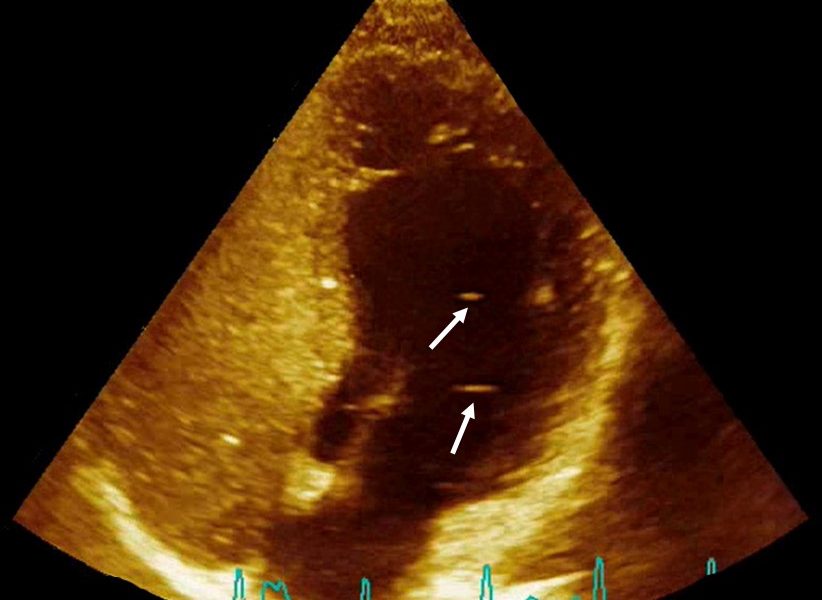Hi
@Frogman82, keep in mind that different countries have different attitudes to health problems. I have experience with Italian, French and Belgian health systems because of a heart condition, and it took a while to find the right solution for me.
In my experience, if a patient has a specific problem, different European national health systems will:
(1) find the *same* problem consistently;
(2) evaluate the problem in the same way, reaching consistently the same conclusions;
(3) give systematically different recommendations and options to solve it.
Point (1) and (2) are just to say that we are lucky with our national health systems - they work well

But you should focus on point (3).
@Angelo Farina already provided with a good option - Italy is way better than other countries in {A} prevention of and {B} solving *
certain* issues. I know nothing about Norway, but I wouldn't be surprised to find that Italy is more developed in this regard.
I will try to add some other pieces.
First, contact DAN and explain to them your problem; they should be able to find the most appropriate physician.
Secondly, I'll mention another excellent option in Italy: Alberto Maria Lanzone, close to Milan, who is also a DAN doctor:
He has experience with any kind of divers (from recreational to deep-sea explorers). I personally tested the PFO with him, but I don't need to close it - so no direct experience about it, but many people recommended him.
Lastly, keep in mind that if you close your PFO abroad, you may have problems later on in obtaining medical clearance in your country because doctors might not be familiar with patients like you. It means that you may need in the future to go abroad for a paper signed by a doctor, even if just to go to the gym. So be sure that you discuss it with your family doctor before doing anything.

 gue.com
gue.com

 gue.com
gue.com





